Russian Bloggers Prefer Beer Over Obama, But Respect His Mr. Miyagi Like Reflexes
July 10th, 2009 — idteamBy Karina Alexanyan
[kml_flashembed movie="http://www.youtube.com/v/gzgOS8dbF64" width="425" height="350" wmode="transparent" /]
Russian bloggers gave more attention to Obama’s trip to Moscow than Russian TV, but not much more. According to “Yandex blogs”, Obama’s visit to Moscow was not among the day’s top 3 blog topics, which instead include Google’s new operating system, juvenile justice in Russia and a subway machinist who fell off the train.
Obama’s visit appears at #11 in the “additional topics” column, which also contains references to the G8 summit in Italy, a Beer and Kvas festival, Newsweek’s list of top 10 books in the world, and the visit by Patriarch Cyril to the Ukraine.
A search among the posts of the top four bloggers in Russia found virtually no mention of Obama’s visit, although Live Journal blogger “drugoi”, whose photoblog is the most popular on RuNet, has a brief post on the superiority of White House press photography over that of the Kremlin.
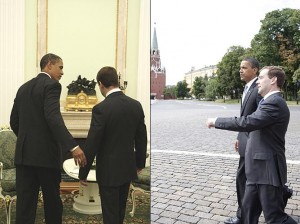
A quick review of Russian blog posts that do mention Obama’s visit, about 550 posts over the last few days, finds a wide variety.
Many mention the visit in passing, as part of list of other relevant news events of the week (Michael Jackson’s funeral, the subway death, etc).
There is also a fair amount of political analysis, with varying degrees of detail, summarizing the key topics of discussion and main agreements. These contain opinions that range from a quite positive outlook on Russian/American relations, (similar to this news clip from Channel 1) to a less optimistic take on the productivity of the visit. Below is a snippet of loose translations:
– the real reason for Obama’s visit was to discuss Iran and the danger of the increasing accessibility of nuclear technology…
– The first visit of Obama to Moscow showed who is who in contemporary Russian-American relations. There is no rivalry between the Kremlin and the White house. Moscow is today a junior partner to Washington – albeit not a very reliable one. However, this doesn’t change the essence of the relationship. Its enough to review the main points of yesterdays meeting…
– I feel like Obama’s visit to Moscow is falling apart before my eyes…Even a month ago insiders circles there was much more optimism about the political results of this visit. Today – there isn’t. The focus on arms control and nonproliferation as the main reason doesn’t justify the trip. There is and should be forward movement on this, but too many big issues have been neglected…. (Ex, the fact that Hillary Clinton wasn’t there, the inadequacy of Obama’s visit with the opposition, etc.)
– I especially liked it when the emperor of the global empire explained…to the ex-emperor of the non global empire that ‘the time of empire and imperial politics has passed.’ That American’s are a people without complexes – that’s for sure. I wonder, what was Putin thinking at that moment? Something like: and when are you going to free your colonies?
Other posts are mainly humorous or tongue in cheek:
“During Obama’s visit to Moscow, not one fly was harmed…” (A reference to Obama killing a fly during a recent CNBC interview)
– Another wrote, “It’s a funny thing, as I hear about Obama’s visit to Moscow, I catch myself wanting to get a ticket or a pass to his show…”
– Finally, Russian blogger Merenzon suggests that the phonetic spelling of Medvedev’s name “(dih-MEE’-tree med-VYEH’-dyev),” which appeared in a AP article about Obama’s visit, be printed up on T-shirts.

Not a bad idea, given that most US commentators still get tripped up over Medve…dev…ev’s name.


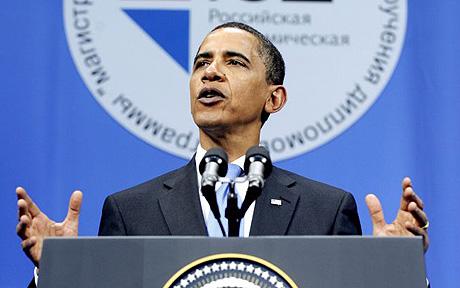
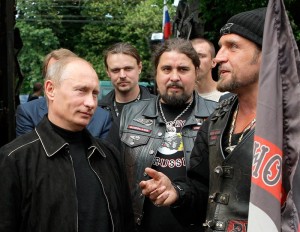
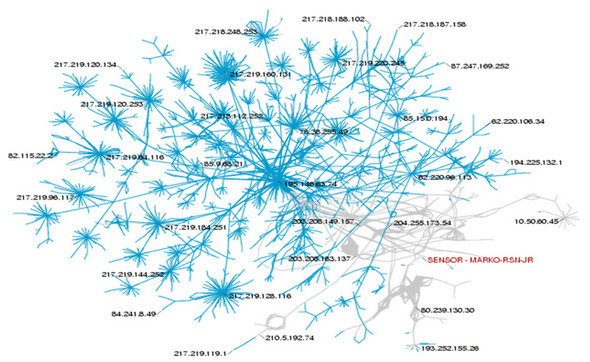

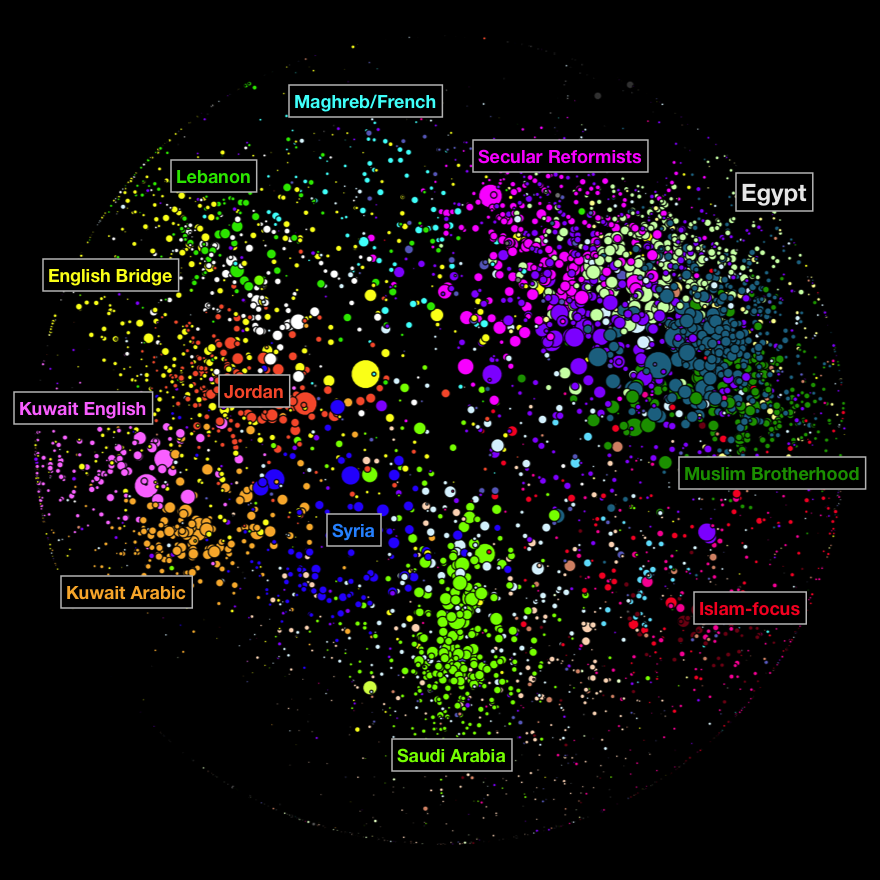
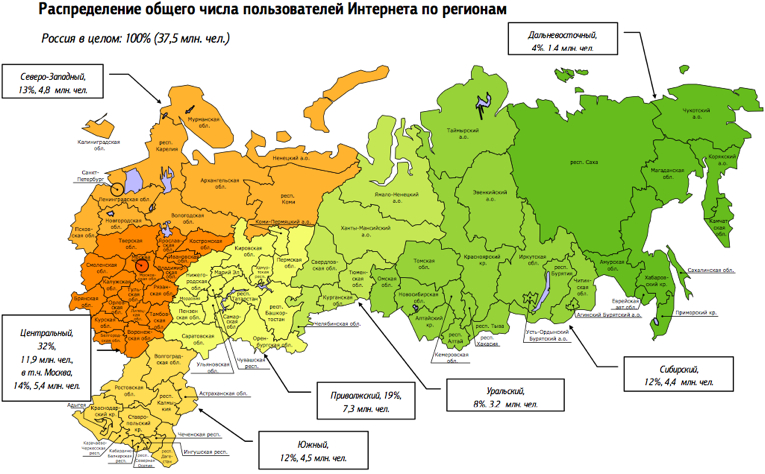

 Click Here
Click Here